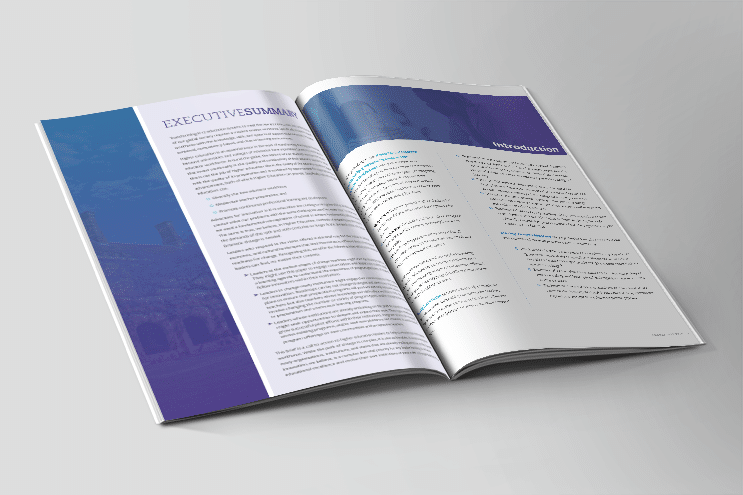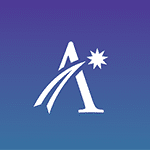Press Release
The Aurora Institute Challenges Higher Education to Support K-12 Transformation by Modernizing Teaching

WASHINGTON, D.C. (Dec. 12, 2019) —Recognizing the leverage and convening power of higher education leaders, today the Aurora Institute (formerly iNACOL) issued a call to action for them to support the transformation of K-12 education by influencing the future of the educator profession.
A new policy brief, Transforming Teaching: What University Presidents and Deans of Colleges of Education Need to Know about Modernizing the K-12 Educator Workforce, outlines steps to diversify teaching, better prepare teachers, and promote lifelong development.
“Schools and districts around the nation are making paradigm shifts to fundamentally change the future of learning, produce better prepared graduates, and promote equity in opportunity, access and outcomes for students,” said Susan Patrick, President and CEO of the Aurora Institute. “These shifts require a parallel for educators: changes in the context, culture, and practice of teaching. This requires commitment from leaders at all levels.”
Higher education is an essential actor in the work of transforming teaching and learning because, despite their different operating landscapes, universities and colleges of education have unparalleled power to change teaching.
The issue brief calls on institutions of higher education to amplify calls to diversify the teaching workforce using opinion pieces, public statements, and commitments to action. Such action could include convening groups to strategize on more targeted recruitment efforts and creative marketing solutions to build interest in teaching by individuals who reflect the experiences of today’s school communities.
Recognizing that universities and colleges of education have direct control over the design of teacher preparation programs, the brief urges them to create learning experiences that allow new teachers to experience and develop the competencies that will be expected of them in modern classrooms.
“Higher education can re-imagine teacher preparation by prioritizing innovations that build teacher knowledge and skill in areas that align to student-centered learning and 21st-century student outcomes,” said Patrick. “These could include maker spaces; Universal Design for Learning; contemporary pedagogy; instructional design; design for difference; assessment literacy; culturally competent teaching; continuous improvement; and specializations like science, technology, engineering, arts, and math (STEAM), and others.”
The brief is the third in a series aimed at system leaders to redefine teaching. The other briefs target federal and state policymakers.
Download a full copy of Transforming Teaching: What University Presidents and Deans of Colleges of Education Need to Know about Modernizing the K-12 Educator Workforce here.
About the Aurora Institute
 The Aurora Institute’s (formerly iNACOL) drives the transformation of education systems and accelerate the advancement of breakthrough policies and practices to ensure high-quality learning for all. Visit our website, like us on Facebook, and follow us on Twitter.
The Aurora Institute’s (formerly iNACOL) drives the transformation of education systems and accelerate the advancement of breakthrough policies and practices to ensure high-quality learning for all. Visit our website, like us on Facebook, and follow us on Twitter.